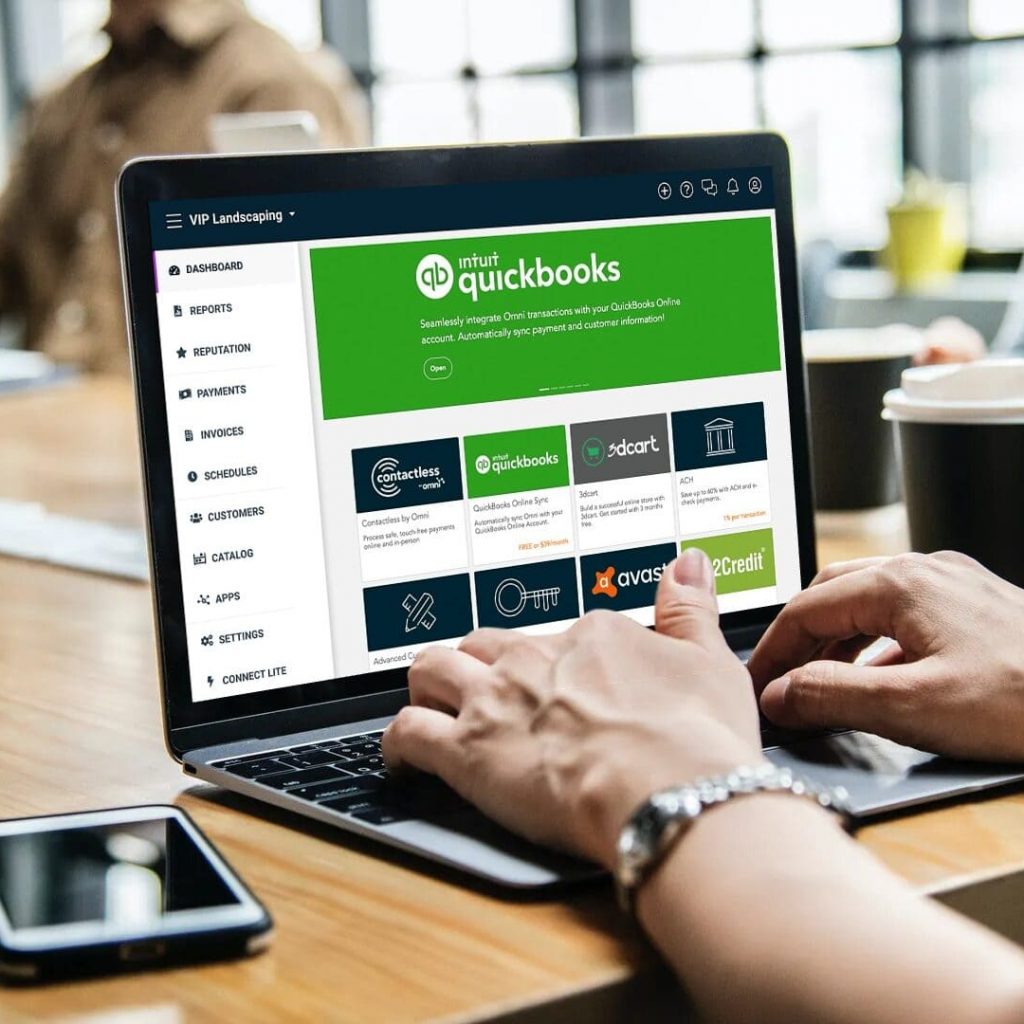Are you a small business owner looking to maximize your tax savings? Look no further! In this ultimate guide, we’ve gathered 7 expert tips to help you navigate the complex world of business taxes and keep more money in your pocket.
As a small business owner, understanding the ins and outs of tax planning is crucial. By implementing these proven strategies, you’ll be armed with the knowledge and tools to effectively minimize your tax liabilities and take advantage of every deduction and credit available to you.
From optimizing your business structure to leveraging tax deductions for home office expenses, we’ve got you covered. Our team of experts has compiled the most up-to-date and practical advice to help you make smarter financial decisions and save big on your taxes.
Whether you’re a solopreneur, freelancer, or small business owner with a team, this comprehensive guide will equip you with everything you need to know about tax savings. Don’t leave money on the table – start implementing these expert tips today and watch how your tax savings add up!
Understanding tax deductions and credits
When it comes to maximizing your tax savings as a small business owner, understanding the various deductions and credits available to you is crucial. Deductions and credits can significantly reduce your taxable income, allowing you to keep more money in your business.
One of the most common deductions for small business owners is the home office deduction. If you use a portion of your home exclusively for business purposes, you may be eligible to deduct expenses such as rent, utilities, and property taxes. However, it’s important to note that the IRS has specific criteria that must be met to qualify for this deduction.
Another valuable deduction is the mileage deduction. If you use your personal vehicle for business purposes, you can deduct the mileage driven for business-related trips. Keeping detailed records of your mileage is essential to claim this deduction accurately.
In addition to deductions, there are also various tax credits available to small business owners. For example, the Small Business Health Care Tax Credit can help offset the costs of providing health insurance to your employees. Researching and understanding the different credits available to you can lead to significant tax savings.

Organizing your financial records for tax purposes
Keeping organized financial records is essential for maximizing your tax savings. By maintaining accurate and up-to-date records, you’ll be better equipped to claim deductions and credits, avoid penalties, and reduce the chances of an audit.
Start by implementing a system for organizing your receipts, invoices, and other financial documents. Consider using digital tools such as accounting software or cloud-based storage to keep your records easily accessible and secure. It’s also a good idea to separate your personal and business finances to ensure clarity and accuracy.
Regularly reviewing and reconciling your financial statements can help identify any discrepancies or errors that need to be addressed. Additionally, keeping track of your business expenses throughout the year will make tax season less overwhelming and more manageable.
Hiring a professional tax accountant
Navigating the complexities of small business taxes can be daunting, especially if you’re not familiar with the intricacies of tax laws and regulations. That’s where a professional tax accountant can be a valuable asset.
A tax accountant specializes in tax planning and preparation for small businesses. They can help you identify potential deductions and credits that you may have overlooked, ensure compliance with tax laws, and provide expert advice tailored to your specific business needs.
When hiring a tax accountant, look for someone with experience working with small businesses in your industry. They should be knowledgeable about the specific deductions and credits available to you and be able to effectively communicate complex tax concepts in a way that you can understand.
For over 15 years, Dacliche Concept Bookkeeping and Tax Services has helped clients
- Lower their taxes without paying back to the IRS
- Automate financial tasks they would rather avoid
- Set their books in order so they can run their businesses with peace of mind
DaCliche Bookkeeping and Tax Services specializes in providing Bookkeeping services, Payroll, Tax Preparation, Planning, and Consulting, as well as Business registration services to Individuals, Businesses, and Nonprofits.
Taking advantage of business expenses
As a small business owner, it’s essential to take advantage of every opportunity to deduct legitimate business expenses. By doing so, you can reduce your taxable income and increase your tax savings.
Business expenses can include a wide range of costs necessary for running your business. This can include office supplies, equipment, marketing expenses, travel expenses, and professional development courses. It’s crucial to keep detailed records and receipts for all your business expenses to support your deductions in case of an audit.
Additionally, it’s important to be aware of the IRS rules regarding personal versus business expenses. Mixing personal and business expenses can lead to complications and potentially trigger an audit. Keeping your personal and business expenses separate will not only simplify your record-keeping but also ensure that you’re accurately claiming deductions.
Utilizing tax-advantaged retirement plans
Retirement planning is often overlooked by small business owners, but it can be a powerful tool for maximizing tax savings. By contributing to tax-advantaged retirement plans, you can simultaneously save for retirement and reduce your taxable income.
One popular retirement plan for small business owners is the Simplified Employee Pension (SEP) IRA. With a SEP IRA, you can contribute a percentage of your business income, up to a certain limit, and deduct the contributions on your tax return.
Another option is the Solo 401(k), which is designed for self-employed individuals or small business owners with no employees other than a spouse. With a Solo 401(k), you can contribute both as an employer and an employee, allowing for potentially higher contribution limits compared to other retirement plans.
By taking advantage of these tax-advantaged retirement plans, you not only secure your financial future but also reduce your tax liabilities in the present.

Incorporating your business for tax benefits
Incorporating your business can offer significant tax benefits for small business owners. By forming a separate legal entity, such as a limited liability company (LLC) or a corporation, you can take advantage of various tax deductions and credits.
One major benefit of incorporating is the ability to separate your personal and business liabilities. This can help protect your personal assets in the event of a lawsuit or other legal issues.
Incorporating can also provide opportunities for tax planning. For example, certain business expenses may be deductible at the corporate level, resulting in lower overall tax liabilities. Additionally, incorporating can allow for more flexibility in managing your business finances and taking advantage of tax-saving strategies.
However, it’s important to note that incorporating your business involves additional paperwork, legal requirements, and potentially higher costs. Consulting with a business attorney or tax professional is recommended to ensure that incorporation is the right choice for your specific circumstances.
Staying updated on tax laws and regulations
Tax laws and regulations are constantly evolving, making it essential for small business owners to stay updated. Failing to comply with new tax laws or missing out on new deductions and credits can result in missed opportunities and potential penalties.
Make it a habit to regularly review IRS publications, tax resources, and reputable business websites to stay informed about any changes or updates that may impact your tax planning strategies.
Additionally, consider joining industry-specific associations or networking groups that offer resources and insights into tax-related matters. Engaging with other small business owners and professionals can provide valuable knowledge and perspectives that can help you make informed decisions regarding your taxes.
Conclusion: Taking control of your small business taxes
Maximizing your tax savings as a small business owner requires a proactive and strategic approach. By understanding the deductions and credits available to you, keeping organized financial records, hiring a professional tax accountant, taking advantage of business expenses, utilizing tax-advantaged retirement plans, incorporating your business, staying updated on tax laws, and utilizing tax software and tools, you can effectively minimize your tax liabilities and keep more money in your pocket.
Remember, the key is to start implementing these expert tips today and make tax planning an ongoing priority in your small business. By taking control of your taxes, you’ll not only save money but also gain peace of mind knowing that you’re making the most of every opportunity to maximize your tax savings.
Your Free Tax Consultation Awaits!
Don’t let tax season stress you out. Contact Dacliche Concept Bookkeeping and Tax Services today for a free tax consultation. Let our experts guide you through the process, ensuring a smooth and financially optimized filing. Take the first step towards a stress-free tax season – your financial well-being deserves it.



